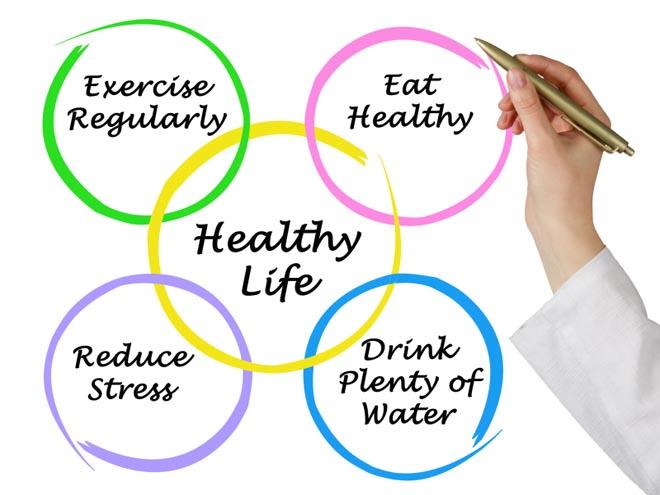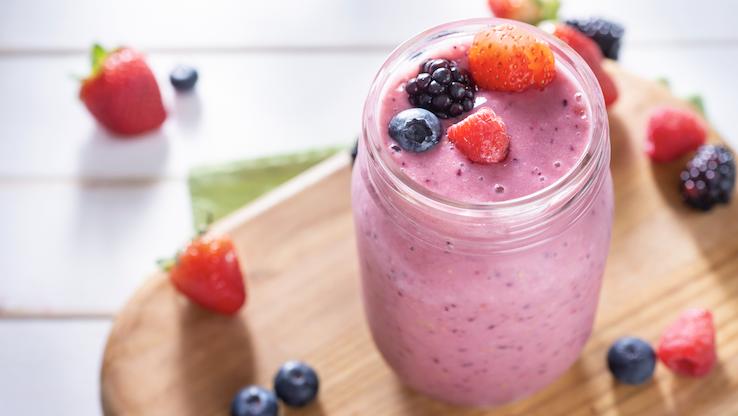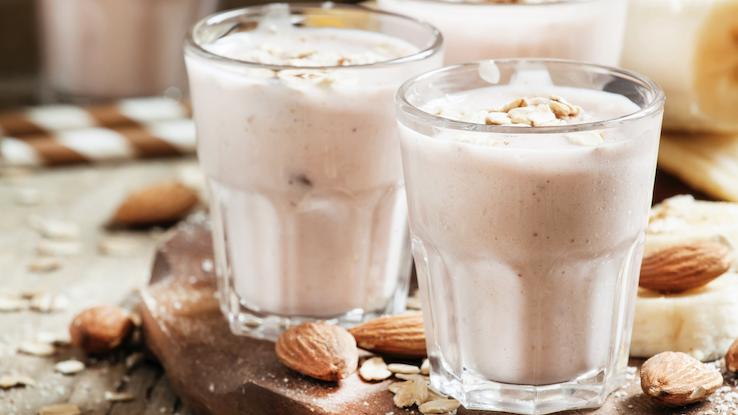
Bread has often been labeled as a dietary villain, blamed for weight gain and various health issues. However, it's time to set the record straight and debunk some common misconceptions. In this blog post, we'll explore why bread isn't as bad as you think and how it can be part of a healthy and balanced diet.
Nutritional Value of Bread: Contrary to popular belief, bread can be a valuable source of essential nutrients. Whole grain bread, in particular, is rich in fiber, vitamins, and minerals. It provides complex carbohydrates that fuel our bodies and contribute to overall energy levels. By choosing whole grain options, you can enjoy the nutritional benefits without compromising your health.
Moderation is Key: The negative reputation of bread often stems from overconsumption or poor choices. Like any food, moderation is crucial. Portion control and mindful eating play significant roles in maintaining a healthy diet. By balancing your bread intake with a variety of other nutritious foods, you can enjoy it without guilt.
Types of Bread Matter: Not all bread is created equal. Opting for whole grain or whole wheat bread, which retains the natural fiber and nutrients found in the grain, is a healthier choice compared to refined white bread. Whole grain bread is lower in calories, higher in fiber, and can help promote digestive health.
Bread and Weight Management: Contrary to popular belief, bread itself is not solely responsible for weight gain. Excessive calorie intake, lack of physical activity, and an imbalanced diet are more significant contributors. By incorporating whole grain bread into a well-rounded meal plan and practicing portion control, bread can be part of a successful weight management strategy.
Gluten Sensitivity and Alternatives: For individuals with gluten sensitivity or celiac disease, consuming traditional wheat-based bread may not be suitable. However, there are now various gluten-free bread alternatives available, such as those made from rice, quinoa, or almond flour. These alternatives provide options for individuals with specific dietary needs.
Conclusion: It's time to dispel the misconceptions surrounding bread. When consumed in moderation and as part of a balanced diet, bread can be a nutritious and enjoyable food choice. Remember to opt for whole grain varieties, practice portion control, and consider alternative options if necessary. By understanding the facts, you can confidently include bread as part of a healthy lifestyle.









:max_bytes(150000):strip_icc()/GettyImages-565889641-2000-ef0278a7e2f947fd877b88150c344ea6.jpg)






